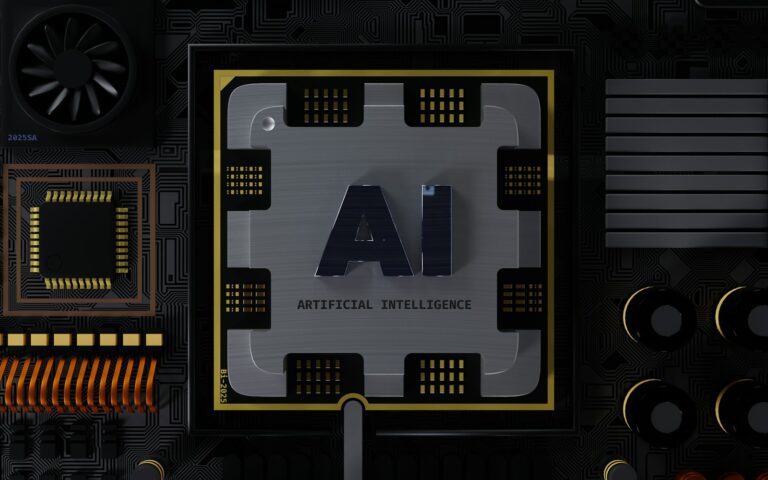
The Future of Artificial Intelligence in Everyday Life
Understanding AI: What Lies Ahead
Artificial Intelligence (AI) has gradually shifted from a theoretical concept to a practical reality that touches nearly every aspect of our daily lives. From personal assistants like Siri and Alexa to complex algorithms driving autonomous vehicles, AI is becoming increasingly integrated into our routines. The future of AI promises even more profound changes, with potential developments that could enhance efficiency, improve decision-making, and revolutionize how we interact with technology. The question is, what will this future look like?
AI in Smart Homes: The Revolution Begins
As smart home technology continues to evolve, AI will play a pivotal role in creating seamless and intuitive living environments. Imagine a home that learns your preferences, adjusting lighting, temperature, and even music based on your mood and habits. Devices like smart refrigerators could monitor food inventory and suggest recipes, while smart security systems could distinguish between family members and potential threats, offering a new level of safety.
AI in Healthcare: Personalized Medicine at Our Fingertips
The healthcare industry stands on the brink of a significant transformation, fueled by AI advancements. With the ability to analyze vast amounts of data, AI can assist in diagnosing diseases at earlier stages and predicting patient outcomes with remarkable accuracy. Imagine chatbots providing initial consultations or AI systems recommending personalized treatment plans based on genetic information. This shift toward personalized medicine not only enhances patient care but also optimizes resource utilization in healthcare settings.
AI and the Workforce: Collaboration, Not Replacement
One of the most discussed concerns about AI is its impact on employment. While automation may replace some jobs, AI is more likely to complement human skills rather than eliminate them. For instance, AI can handle repetitive tasks, allowing professionals to focus on strategic thinking and creativity. Industries like finance are already leveraging AI algorithms for risk assessment, enabling human analysts to make more informed decisions. The future will likely see a rise in hybrid job roles that require both technical and interpersonal skills, creating a more dynamic workforce.
Ethical Considerations: Navigating the AI Landscape
As we embrace the potential of AI, ethical considerations cannot be overlooked. Issues like data privacy, algorithmic bias, and the transparency of AI decision-making processes are critical to ensure that these technologies serve humanity positively. Establishing regulatory frameworks and fostering an open dialogue among stakeholders—developers, users, and policymakers—will be essential. The future of AI demands a collective effort to harness its capabilities responsibly, ensuring that it aligns with societal values and needs.
Conclusion
The future of artificial intelligence in everyday life is not a distant fantasy; it is unfolding right before our eyes. From transforming our homes and healthcare to reshaping the workforce and prompting ethical discussions, AI is set to redefine our experience in profound ways. As we stand on the cusp of this technological revolution, embracing the opportunities while addressing the challenges will be crucial in creating a future where AI enhances our lives and fosters human connection. The journey ahead promises to be as exciting as it is transformative.




